What is chief of state: The Presidency: The President’s Roles
Chief of State Role, and Examples
The United States excels at giving people lots of political titles. The President has at least 7 different roles that he plays.
What is the Chief of State?
In normal times, the Chief of State is the President. The Chief of State represents the United States at events or functions.
Continue reading for more information about what he (or she) does.
Table of Contents
Roles of the President
There are many names for the US President, depending on his role at that time.
One of these is the Chief of State role, but what does this mean?
What is the Chief of State?
Chief of State is another term for Head of State. For example, the President acts as a representative of the US on foreign visits or at major events.
The role of Head of State also allows him to enjoy and hold lavish state visits.
Duties of Chief of State
Once a candidate is inaugurated as President of the United States, they take on several roles.
That is because the presidency has various powers in very different fields.
Those powers include the following:
- To either sign bills or veto legislation presented to them.
- To convene or adjourn Congress.
- To give pardons.
- To issue commands to the US armed forces.
- To meet with foreign ambassadors and dignitaries.
The ability to assign certain orders to the US Armed Forces falls to the Commander in Chief of the USA.
The Commander in Chief is able to issue orders to the Armed Forces.
The role of meeting foreign dignitaries and acting as a representative of the US falls to the Chief of State. This is an example of the role of the Chief of State.
The President holds both the Commander in Chief and Chief of State roles.
Examples of Chief of State Roles
The role of the Chief of State is a lot like that of the Head of State. They are ambassadors and take part in a range of events.
One of the duties of the Chief of State is to attend important funerals.
Typical events that the President may attend as Chief of State include the following:
- Important funerals and memorial services.
- Attending other events as a representative of the USA.
- Holding and embarking on state visits.
- Holding fun publicity events at the Whitehouse.
1) Important funerals and memorial services.
These are important for the President as the US leader and Chief of State. The Chief of State needs to show his support during memorial services. This is especially true for Veterans and Memorial Day events.
The Chief of State may also travel to other countries for the specific anniversary of key events or battles to lay flags or wreaths. For example, American involvement in WWII means strong ties to allied countries and their events.
The President may also attend funerals of military personnel or other leading figures.
2) Attending events as a representative of the USA.
There are more positive events that the President may attend.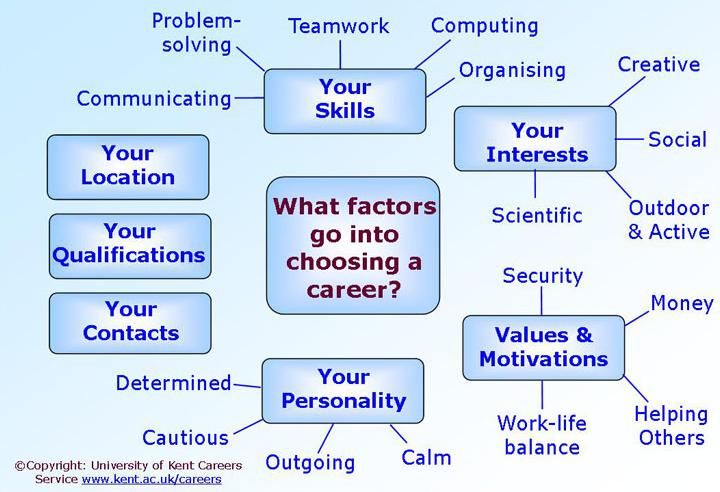 For example, royal weddings and major world sporting events often require an ambassador from the US.
For example, royal weddings and major world sporting events often require an ambassador from the US.
Smaller national sporting events could also be a great photo opportunity, such as the chance to throw the first pitch at a baseball game.
A Chief of State may attend a sporting event where he can show a different side to being president.
There will also be cultural events and grand openings to take part in, such as exhibitions and concerts. This may be part of a diplomatic process with representatives from other nations.
3) Holding and embarking on state visits.
Sometimes, the President will take a more extended trip to a country as a State Visit. This is a chance for him to go and do some political business and meet with other Heads of State, royalty, and key figures.
The role of the Chief of State is to create a good public image and opportunities for photos that will make the newspapers and other media.
Presidents will end up at palaces and fancy dinners and receptions as part of their role as Chief of State.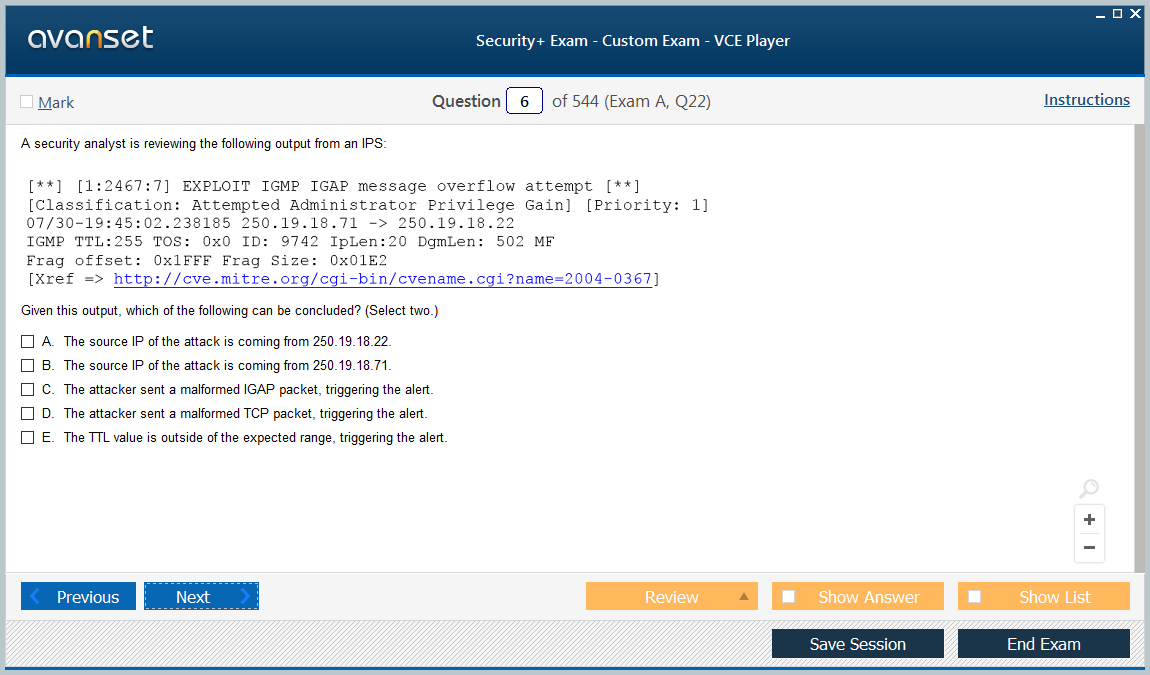
They often get gifts out of it as symbols of goodwill between countries.
Chief of State Hosting Foreign Leaders
Sometimes, the President is expected to return the favor and invite and host foreign dignitaries. Other foreign leaders will travel to Washington and expect the same luxury and gifts at the Whitehouse.
4) Holding fun publicity events at the Whitehouse.
Finally, one of the more enjoyable parts of the job of the Chief of State is when the President gets to invite people to the Whitehouse, meet with them, and celebrate their successes.
It isn’t uncommon for sports teams to receive invitations to the Whitehouse as an extra prize for winning a tournament or cup. This is also great publicity for the President and a chance to show a more fun side away from politics.
Examples of Chief of Staff in other Countries
Not all countries have their political leader as their Head of State or Chief of State. The best examples are countries with an active President or Prime Minister in power and a monarch.
In these cases, the role of the Head of State is often purely symbolic, and they act more as a representative or diplomat than a figure with any real power, duties, or responsibilites.
The King as Head of State
In the UK, the King is the Head of State and takes part in many foreign visits and public events across the country.
Some countries, such as the UK, have a monarchy.
His political power is limited, as he acts under the advice of his government. However, elected leaders must go to the palace to seek formal permission to form a government.
Symbolic Chiefs of State.
The problem with having your Political leader and Commander in Chief as Chief of State is that they can’t be everywhere simultaneously.
As a result, there will be times when ceremonies clash with important duties, and staffers need to prioritize the President’s schedule.
In this situation, a symbolic Chief of State may attend in their place. This shows that the Whitehouse still values the event or memorial and doesn’t want to pull out completely.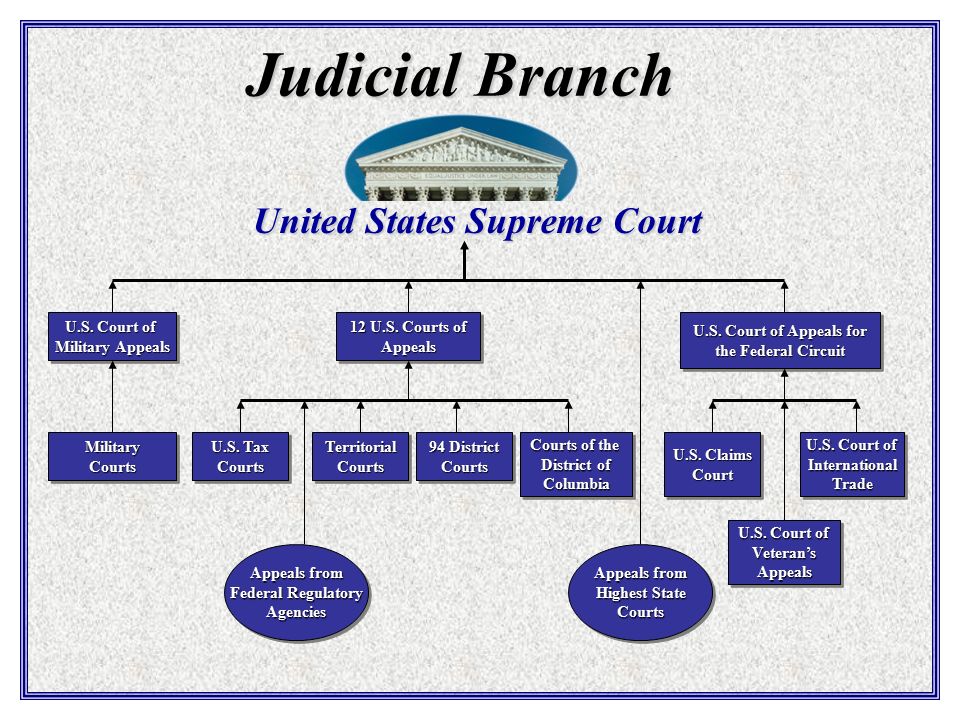
Prime candidates for the job are the Vice President or the First Lady.
President has many roles and titles.
While it is uncommon for one world leader to have so many titles and roles, the President can often juggle various duties on his schedule.
Therefore, this status of Chief of State is important and ensures that he is always the leader that other nations look toward, whatever the situation.
Mengistu Haile Mariam | president of Ethiopia
- Born:
- 1937 (age 86)
Kefa
Ethiopia
- Title / Office:
- president (1987-1991), Ethiopia
See all related content →
Mengistu Haile Mariam, (born 1937, Kefa province, Ethiopia), Ethiopian army officer and head of state (1974–91), who helped overthrow the centuries-old monarchy and attempted to mold Ethiopia into a communist state.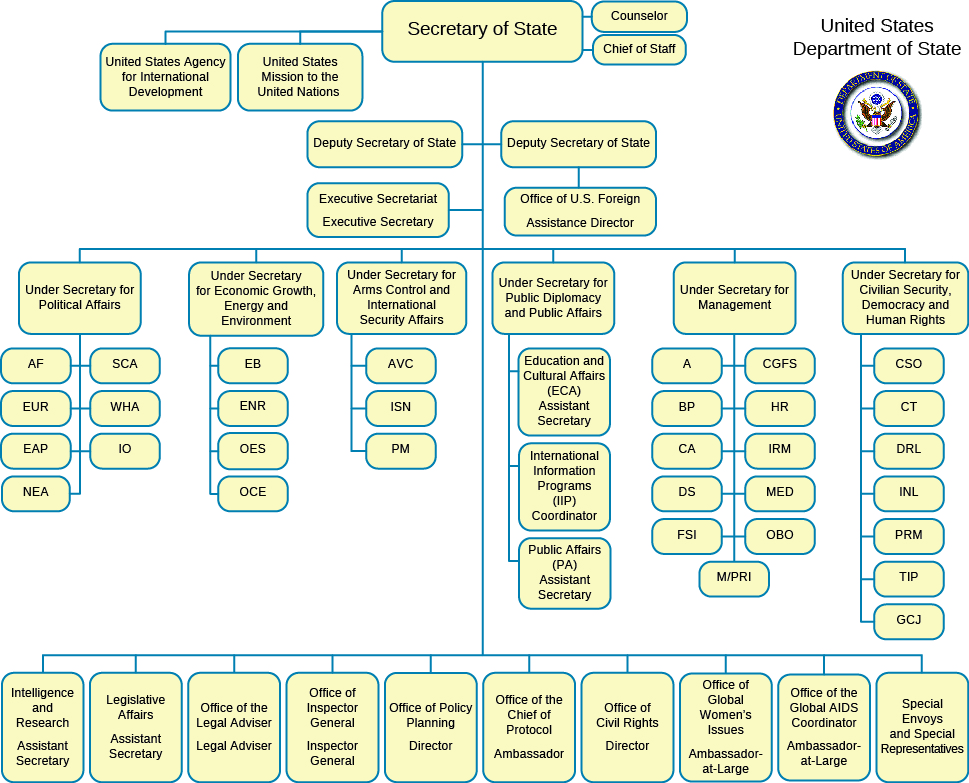
Mengistu received officer training at Holeta and additional training in the United States. Rising to the rank of major, he became one of a group of junior officers and enlisted men who, discontented with their lack of patronage and promotion within the military, plotted rebellion against the government of Emperor Haile Selassie I. In June 1974 Mengistu was made chairman of the Armed Forces Coordinating Committee (known as the Dergue), a committee of revolutionary soldiers, and, after the arrest of the emperor in September, he was made a vice-chairman of the Provisional Military Administrative Council (PMAC), which was run by the Dergue and which assumed the functions of government. On November 23, 1974, Mengistu ordered the assassination of the PMAC’s moderate chairman and urged the killing of 60 aristocrats and former officials of the old imperial regime. By killing selected enemies within the PMAC, Mengistu became the acknowledged strongman of a regime that proceeded to nationalize industries and farmlands.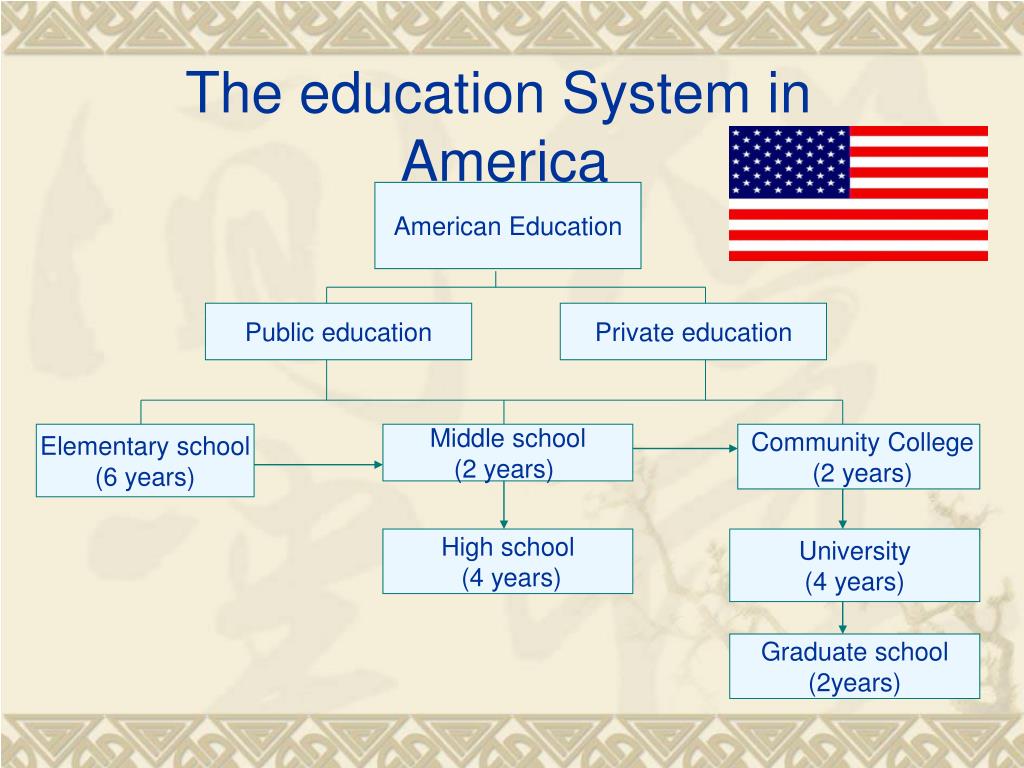
In February 1977 Mengistu, now a lieutenant colonel, survived a battle between his supporters and those of rivals on the PMAC. The chairman and several other members were killed, and Mengistu became head of state and chairman. He then unleashed a bloody “Red Terror Campaign” to crush armed opponents among the civilian populace, and later that year he solicited Soviet weaponry and Cuban troops to repel an invasion of the Somali-speaking Ogaden region by Somalia. As undisputed ruler of the country, he oversaw the establishment of the Workers’ Party of Ethiopia in 1984, the drafting of a constitution for Ethiopia in 1986 (endorsed in 1987), and the election by a new national legislature of himself as president in September 1987. By then Mengistu faced armed rebellion in the northern regions of Tigray and Eritrea, a series of the worst droughts and famines ever to afflict Ethiopia, an agricultural economy ruined by the forced collectivization of farms and the relocation of entire populations, and occasional coup attempts by enemies within the regime.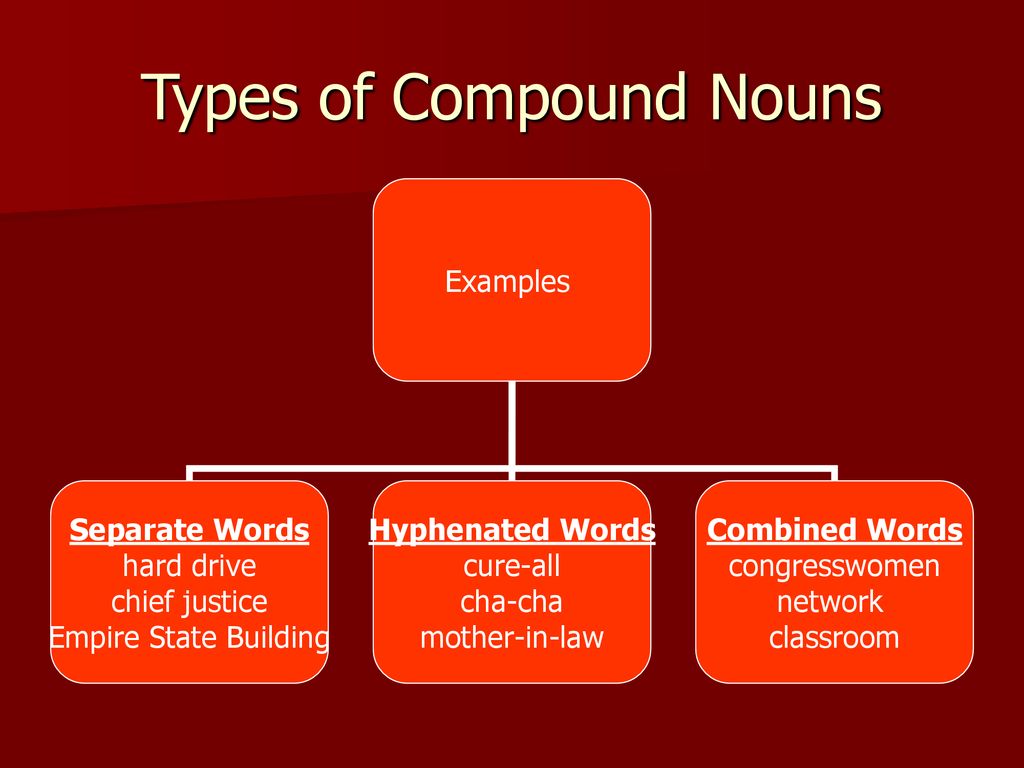 The withdrawal of Soviet support further weakened Mengistu’s power, and in May 1991 he summarily resigned his post and fled to Zimbabwe.
The withdrawal of Soviet support further weakened Mengistu’s power, and in May 1991 he summarily resigned his post and fled to Zimbabwe.
Successor Ethiopian regimes unsuccessfully lobbied the Zimbabwean government for Mengistu’s extradition on charges of genocide. Tried in absentia, he was found guilty of genocide in December 2006 and was given a life sentence the next year. Following a successful appeal from the prosecution, which argued that Mengistu’s crimes merited more than a life sentence, in May 2008 he was sentenced to death.
This article was most recently revised and updated by Amy McKenna.
HEAD OF THE STATE • Big Russian Encyclopedia
Authors: VE Chirkin
power and which represents the state in relations within the country and internationally. arena. In the vast majority of countries, the GG is a sole institution (monarch, president) and only in a few countries is a collegiate (council of emirs, presidential council, state council) the highest body of the state.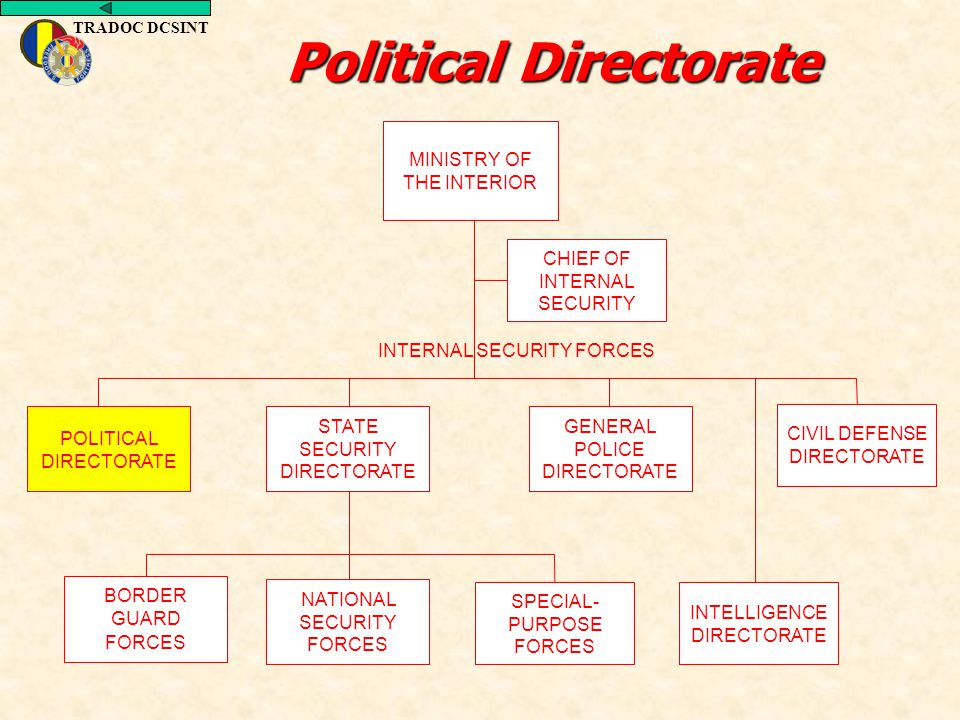 In most countries, the GG is an elected president; in some countries – a monarch (emperor, king, sultan, emir), whose power is inherited. nine0003
In most countries, the GG is an elected president; in some countries – a monarch (emperor, king, sultan, emir), whose power is inherited. nine0003
The President is elected for a term of 4 to 7 years with the right to re-election. In some countries, the number of re-elections is not limited (Egypt, Syria), in others he can be elected for only one term (Mexico). Any citizen who meets the electoral requirements can be elected president: age not lower than that specified by law, possession of all citizenships. and political rights, residence in the country for a certain number of years, etc. Apply various. ways of electing a year of the city: by the population (Brazil, France, etc.), by parliament (Hungary, Turkey, etc.), by an electoral college specially created for this purpose (Germany, India), by electors (USA). The powers of the president depend on the form of government. The president, as a rule, manages the foreign policy of the state, negotiates and signs international agreements.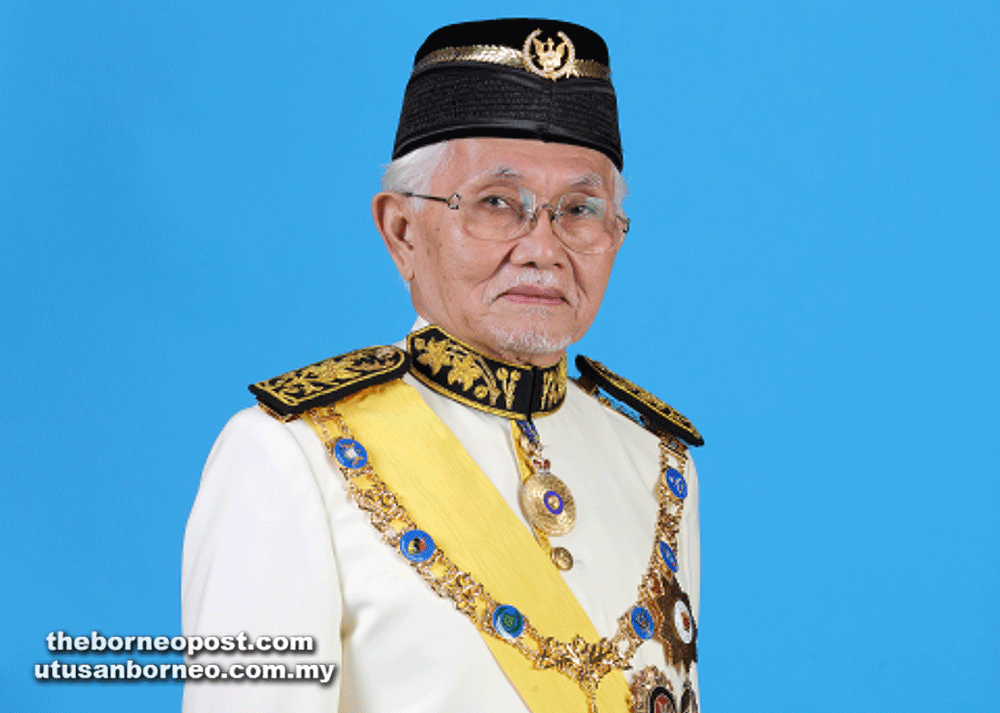 treaties, instruments of ratification, accepts letters of credence and revocable diplomats accredited to him. representatives; is the Supreme Commander of the Armed Forces. forces; resolves issues of citizenship, awards state. awards, pardons. nine0003
treaties, instruments of ratification, accepts letters of credence and revocable diplomats accredited to him. representatives; is the Supreme Commander of the Armed Forces. forces; resolves issues of citizenship, awards state. awards, pardons. nine0003
In a presidential republic (Mexico, USA), Mr. G. independently exercises his powers. In the mixed presidential-parliamentary (Russia) and parliamentary (Germany, Italy) republics, it exercises its powers with the participation of the government and parliament, while remaining a key institution in the system of state power.
In any form of government, the president is responsible for his actions. The prosecution procedure can lead to the removal of the president from office by parliament and bringing him to trial. In some states, the parliament adopts only an indictment, and the decision to remove the president from office is made by the constitutional court (Germany), etc.
The monarch succeeds to the post of the year (the exception is Malaysia, where the monarch is elected by the sultans of the federal subjects).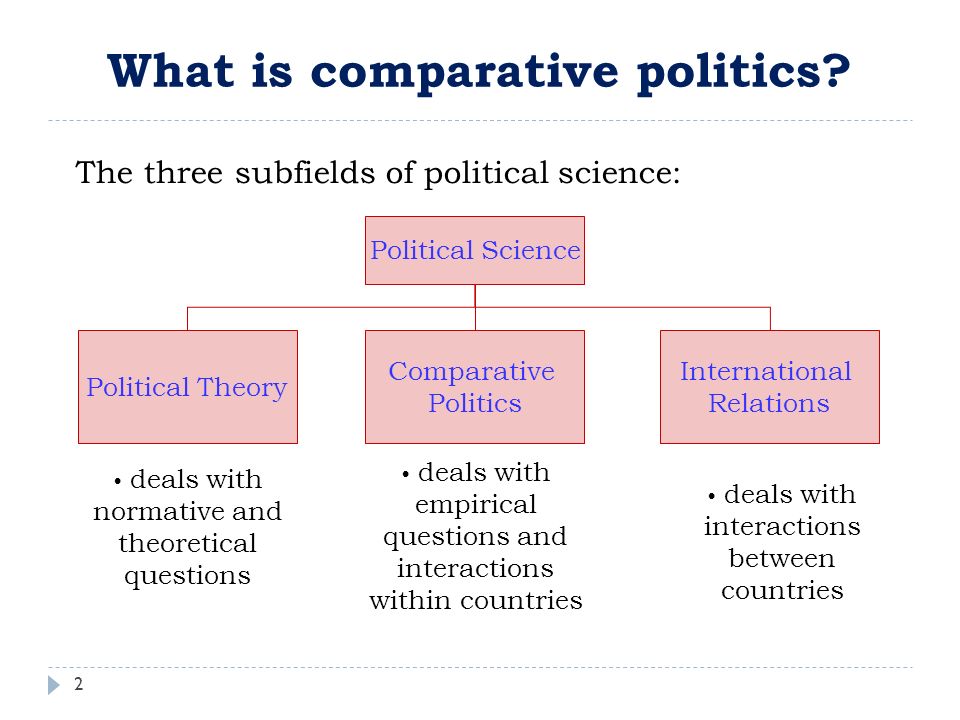 There are different methods of succession to the throne: Salic (only sons inherit by birthright), Castilian (son has priority over daughter, even if she is older), Scandinavian (sons and daughters have equal rights), Muslim (family council determines the heir), Austrian (women can become monarchs under certain conditions), inheritance by customary law (the heir to the throne is determined by the council of tribal leaders from the sons of the deceased). nine0003
There are different methods of succession to the throne: Salic (only sons inherit by birthright), Castilian (son has priority over daughter, even if she is older), Scandinavian (sons and daughters have equal rights), Muslim (family council determines the heir), Austrian (women can become monarchs under certain conditions), inheritance by customary law (the heir to the throne is determined by the council of tribal leaders from the sons of the deceased). nine0003
The powers of the monarch depend on the form of government. In absolute and semi-absolute monarchies (some countries of the Muslim world), the monarch independently governs the country, is the supreme judge and religion. head. In dualistic monarchies (Jordan, Kuwait), the power of the monarch is limited by the parliament, but it has the right to veto; in addition, he appoints ministers. In parliamentary monarchies (Great Britain, Japan, Spain), the monarch has no real powers, the country is governed by a government created by the party that won the parliamentary elections. Registration of accession to the throne in many countries is associated with a special rite of coronation. Parliament annually gives the monarch a certain amount from the state. budget for the maintenance of the court of the monarch and members of his family. The monarch is an inviolable person, legal. is not responsible for his actions, therefore, historically, the removal of the monarch from power is associated with the state. coups and revolutions. If the monarch is a minor or for other reasons cannot exercise his powers for a long time, a regent or regency council is appointed. nine0003
Registration of accession to the throne in many countries is associated with a special rite of coronation. Parliament annually gives the monarch a certain amount from the state. budget for the maintenance of the court of the monarch and members of his family. The monarch is an inviolable person, legal. is not responsible for his actions, therefore, historically, the removal of the monarch from power is associated with the state. coups and revolutions. If the monarch is a minor or for other reasons cannot exercise his powers for a long time, a regent or regency council is appointed. nine0003
V Rus. The President of the Federation is the President of the Russian Federation (see Art. President).
PRESIDENT OF THE RUSSIAN FEDERATION | Federation Council of the Federal Assembly of the Russian Federation
Head of State, guarantor of the Constitution of the Russian Federation, human and civil rights and freedoms. The Rule of Law of the Russian Federation takes measures to protect the sovereignty of the Russian Federation, its independence and state integrity, ensures the coordinated functioning and interaction of state authorities, in accordance with the Constitution of the Russian Federation, federal constitutional laws and federal laws, determines the main directions of the domestic and foreign policy of the state and ensures the exercise of the powers of the federal state power throughout the territory of the Russian Federation.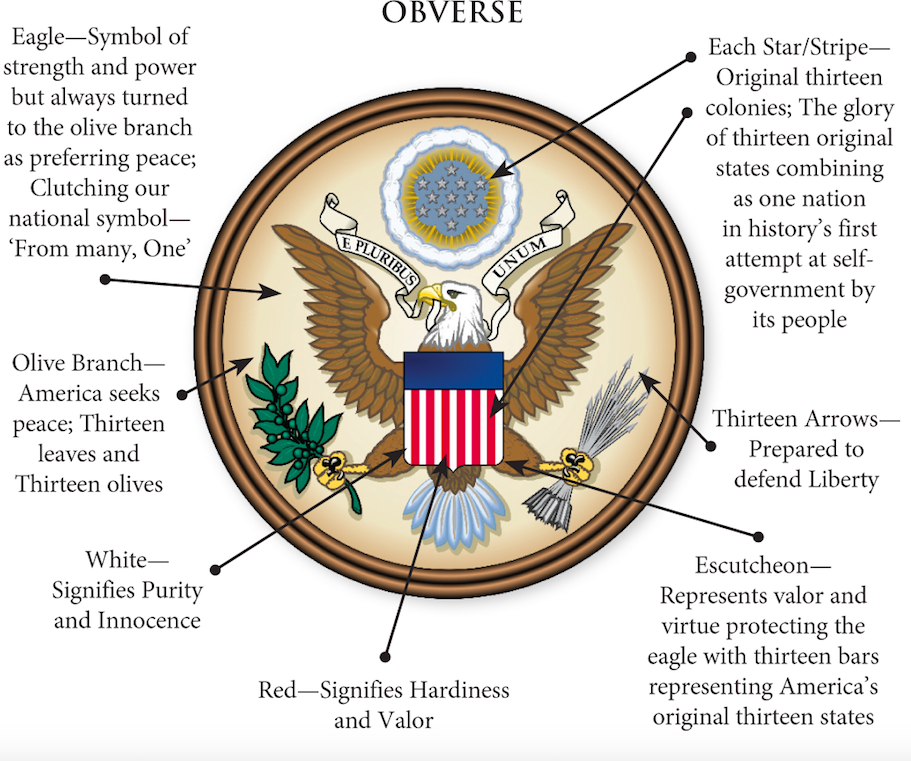 The Parliament of the Russian Federation is elected by the citizens of the Russian Federation for 6 years on the basis of universal, equal and direct suffrage by secret ballot. Elections of the P. RF are appointed by the Federation Council. It can only be a citizen of the Russian Federation at least 35 years old, permanently residing in the Russian Federation for at least 10 years. The same person cannot hold the position of P. RF for more than 2 terms in a row. nine0003
The Parliament of the Russian Federation is elected by the citizens of the Russian Federation for 6 years on the basis of universal, equal and direct suffrage by secret ballot. Elections of the P. RF are appointed by the Federation Council. It can only be a citizen of the Russian Federation at least 35 years old, permanently residing in the Russian Federation for at least 10 years. The same person cannot hold the position of P. RF for more than 2 terms in a row. nine0003
P. RF, with the consent of the State Duma, appoints the Chairman of the Government of the Russian Federation, and at his proposal, the Deputy Chairman of the Government of the Russian Federation and federal ministers, determines the structure of federal executive bodies; has the right to chair a meeting of the Government of the Russian Federation. He decides on the resignation of the Government of the Russian Federation or individual ministers. In exercising its powers, the Parliament of the Russian Federation interacts with the chambers of the Federal Assembly of the Russian Federation. He appoints his authorized representatives to the Federation Council and the State Duma, submits candidates to the chambers for appointment to a number of government posts and raises questions about their release from these posts. The P. RF addresses the Federal Assembly of the Russian Federation with annual messages on the situation in the country and the main directions of the domestic and foreign policy of the state. The Parliament of the Russian Federation is endowed with the right of legislative initiative, signs and promulgates federal constitutional and federal laws, and is endowed with the right of veto. He has the right to make proposals for amendments and revision of the provisions of the Constitution of the Russian Federation, to call a referendum. When a martial or state of emergency is introduced, the P. RF immediately informs the Federation Council and the State Duma about this. He calls the elections of the State Duma and has the right to dissolve the State Duma in cases and in the manner provided for by the Constitution of the Russian Federation.
He appoints his authorized representatives to the Federation Council and the State Duma, submits candidates to the chambers for appointment to a number of government posts and raises questions about their release from these posts. The P. RF addresses the Federal Assembly of the Russian Federation with annual messages on the situation in the country and the main directions of the domestic and foreign policy of the state. The Parliament of the Russian Federation is endowed with the right of legislative initiative, signs and promulgates federal constitutional and federal laws, and is endowed with the right of veto. He has the right to make proposals for amendments and revision of the provisions of the Constitution of the Russian Federation, to call a referendum. When a martial or state of emergency is introduced, the P. RF immediately informs the Federation Council and the State Duma about this. He calls the elections of the State Duma and has the right to dissolve the State Duma in cases and in the manner provided for by the Constitution of the Russian Federation. The P. RF is the Supreme Commander-in-Chief of the Armed Forces of the Russian Federation, approves the military doctrine of the Russian Federation, appoints and dismisses the high command of the Armed Forces of the Russian Federation, forms and heads the Security Council of the Russian Federation. The P. RF represents the Russian Federation within the state and in international relations. He appoints and dismisses diplomatic representatives of the Russian Federation, manages the foreign policy of the Russian Federation, negotiates and signs international treaties of the Russian Federation. The P. RF issues decrees and orders. He has the right to use conciliation procedures to resolve disagreements between federal state authorities and state authorities of the constituent entities of the Russian Federation, as well as between state authorities of the constituent entities of the Russian Federation, resolves issues of citizenship and granting political asylum, awards and assigns honorary, higher military and higher special ranks, grants a pardon.
The P. RF is the Supreme Commander-in-Chief of the Armed Forces of the Russian Federation, approves the military doctrine of the Russian Federation, appoints and dismisses the high command of the Armed Forces of the Russian Federation, forms and heads the Security Council of the Russian Federation. The P. RF represents the Russian Federation within the state and in international relations. He appoints and dismisses diplomatic representatives of the Russian Federation, manages the foreign policy of the Russian Federation, negotiates and signs international treaties of the Russian Federation. The P. RF issues decrees and orders. He has the right to use conciliation procedures to resolve disagreements between federal state authorities and state authorities of the constituent entities of the Russian Federation, as well as between state authorities of the constituent entities of the Russian Federation, resolves issues of citizenship and granting political asylum, awards and assigns honorary, higher military and higher special ranks, grants a pardon.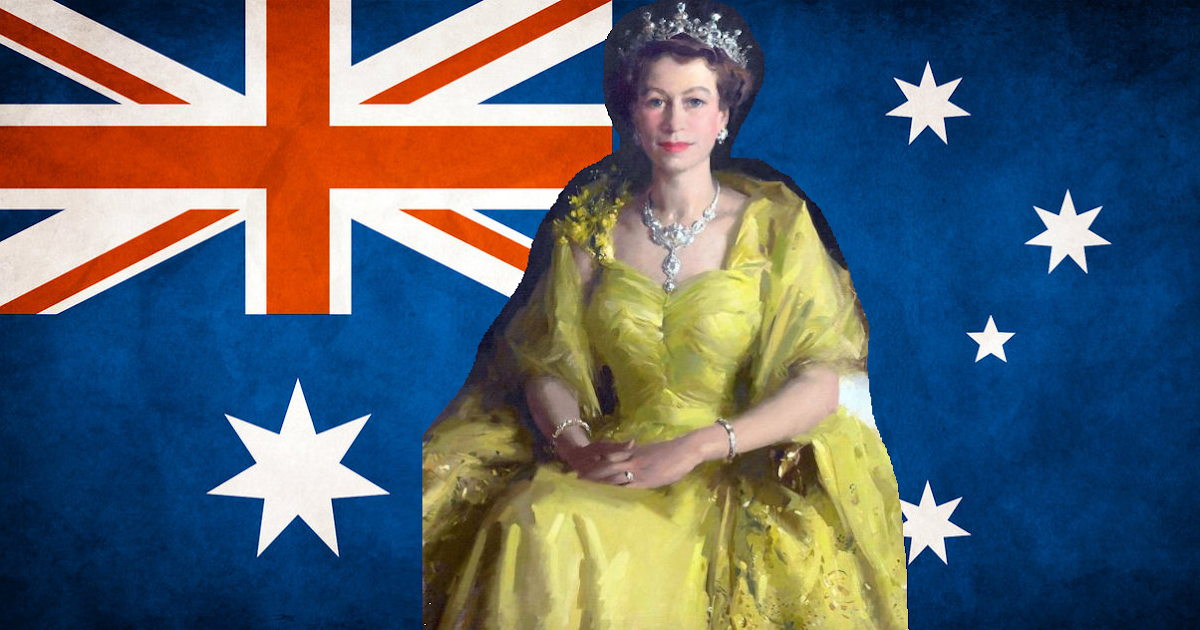 The P. RF has other powers determined by the Constitution of the Russian Federation. nine0003
The P. RF has other powers determined by the Constitution of the Russian Federation. nine0003
P. RF has immunity. His powers may be terminated ahead of schedule – in the event of resignation, persistent inability for health reasons to exercise his powers or dismissal from the position of the Federal Assembly of the Russian Federation in compliance with the constitutionally established procedure. In these cases, elections are held no later than 3 months from the date of early termination of the powers of the RF P. The temporary performance of the duties of the P. RF is carried out by the Chairman of the Government of the Russian Federation.
The President of the Russian Federation, who terminated the exercise of his powers due to the expiration of his term in office or ahead of schedule in the event of his resignation or persistent inability for health reasons to exercise his powers, has legal, social and other guarantees established by the Federal Law of February 12. 2001 “On guarantees to the President of the Russian Federation, who has terminated the exercise of his powers, and to members of his family.